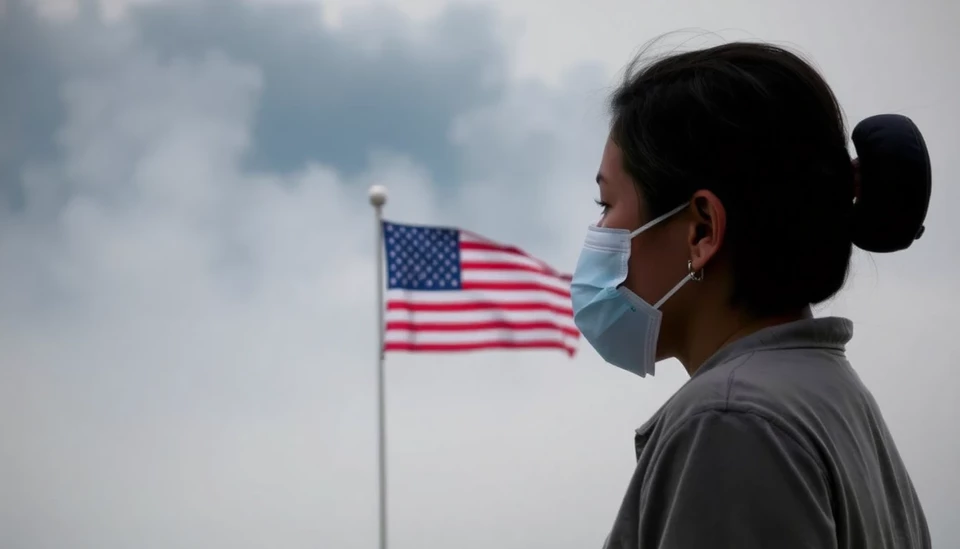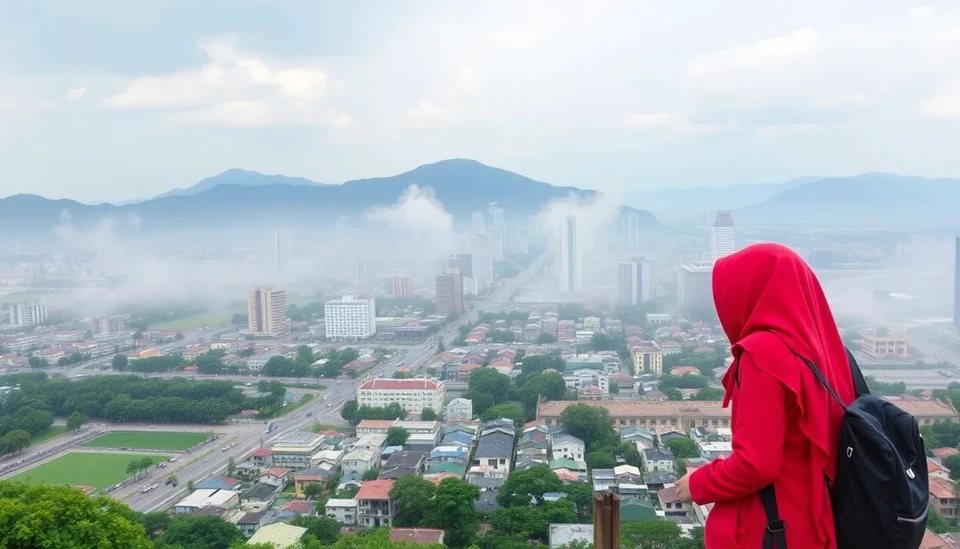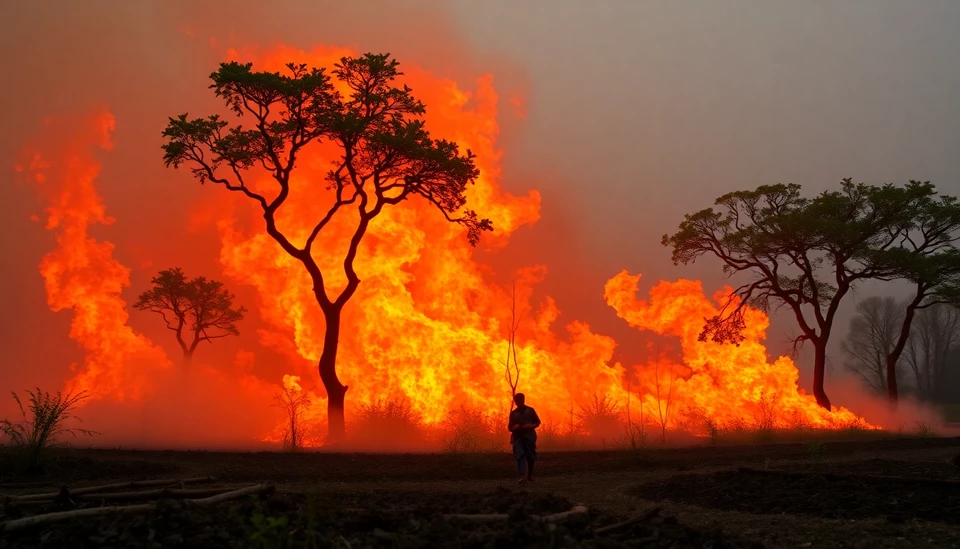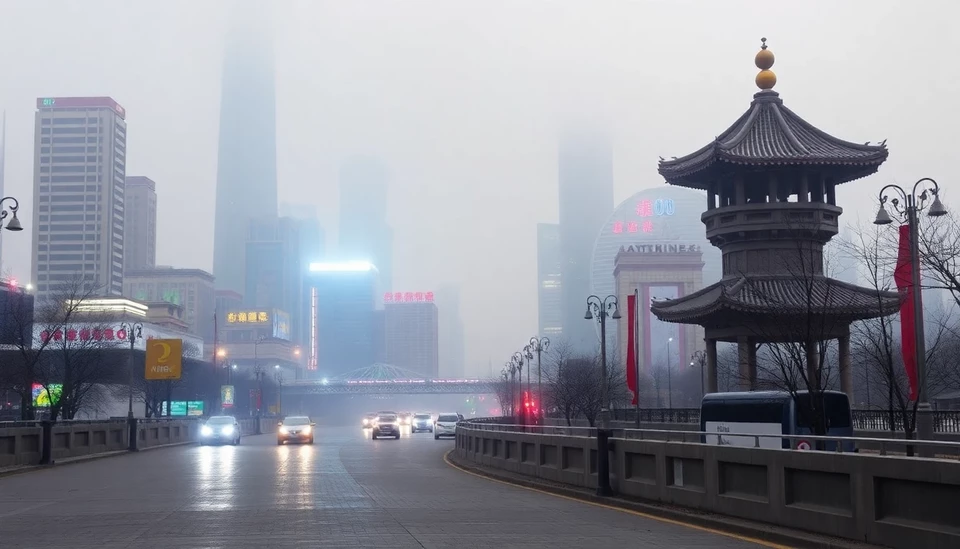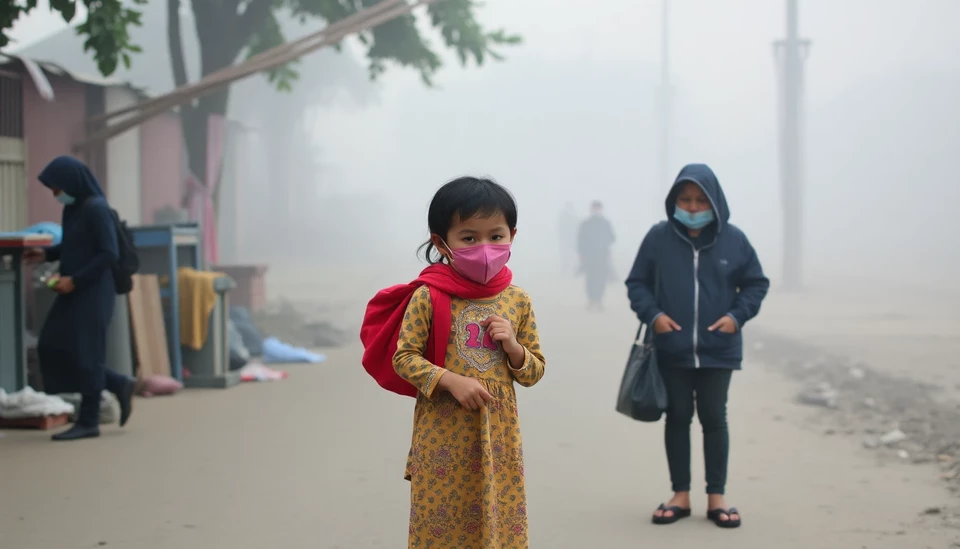
In a shocking revelation, UNICEF has announced that air pollution is responsible for the tragic deaths of more than 100 children each day across Asia. This grim statistic underscores the severe impact of environmental degradation on the health and well-being of the youngest and most vulnerable members of society.
The data released by UNICEF highlights a growing crisis that demands urgent attention and immediate action from governments and stakeholders. Children, who are particularly susceptible to the harmful effects of polluted air, often suffer from respiratory issues, developmental delays, and other serious health problems that can be exacerbated by prolonged exposure to toxic air pollutants.
UNICEF's report sheds light on the broader ramifications of air pollution, noting that the consequences extend beyond health. Poor air quality is also linked to educational setbacks and long-term economic challenges for affected communities. The agency emphasizes that the survival, health, and development of children are at stake, calling for comprehensive strategies to combat this pressing issue.
The report calls attention not only to urban areas frequently enveloped in smog but also to rural locales where open burning and other practices contribute to poor air quality. UNICEF urges the implementation of cleaner energy sources, better waste management systems, and robust policies aimed at improving air quality to safeguard children's futures.
Furthermore, UNICEF has appealed to governments globally to prioritize children's health in environmental policies. A collaborative effort is essential to address the root causes of air pollution which includes industrial emissions, vehicular exhaust, and household pollution from cooking or heating methods that rely on solid fuels.
To tackle this escalating crisis, UNICEF advocates for active community engagement and education on the dangers of air pollution. Raising awareness among families and children about the sources and effects of air pollution can lead to protective behaviors that lessen exposure in daily life.
The urgency reflected in UNICEF's findings serves as a crucial wake-up call to all sectors of society. The organization stresses that the future of millions of children hangs in the balance, and immediate collective action is required to reverse the current trajectory and ensure a healthier environment for the next generation.
In summary, the harsh reality presented in the UNICEF report serves to highlight the dire need for concerted efforts to combat air pollution, a battle that is not just environmental but fundamentally a fight for the right to life, health, and opportunity for every child.
#AirPollution #UNICEF #ChildHealth #EnvironmentalCrisis #Asia #CleanAir #PublicHealth #ClimateChange
Author: Sophie Bennett

